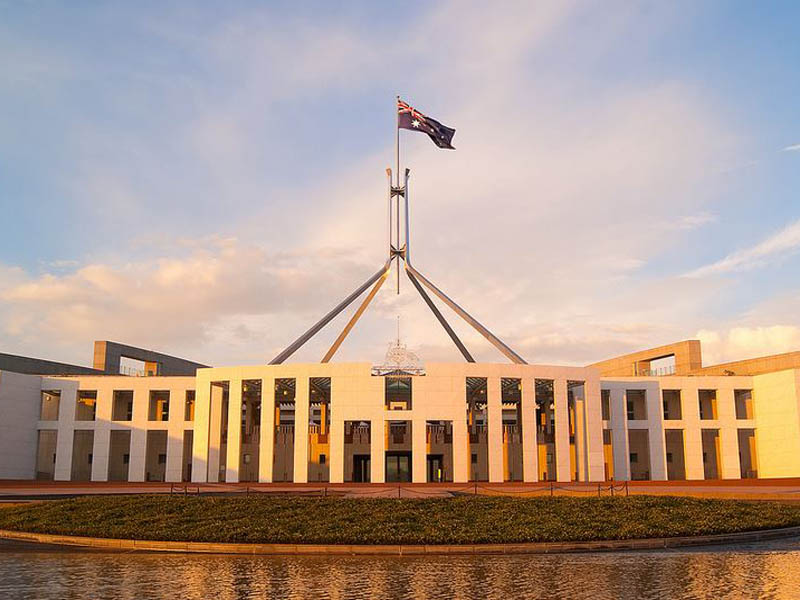The debate over the need for further legislation to better regulate the gig economy has been reignited following a “devastating” Fair Work Ombudsman decision handed down late last week.
The Fair Work Ombudsman’s (FWO) final report from its investigation into Uber’s engagement with drivers, ruled that Uber drivers should not be classified as employees, nor receive the benefits associated with that.
The decision is a major blow to the push from Australian unions and the Labor Party for further regulation and support for workers in the gig economy. It also contrasts with a FWO decision last year ruling that the relationship between Foodora and one of its riders was that of an employer and employee.

The unions have now pledged to scale up the campaign for federal legislation to govern the gig economy and provide certain rights to the workers.
The FWO trawled through drivers’ contracts, log-on and log-off records, interviews with drivers and Uber Australia, ABN documents, payment statements, banking records and pricing schedules prior to making its final decision.
“The weight of evidence from our investigation establishes that the relationship between Uber Australia and the drivers is not an employment relationship,” Fair Work Ombudsman Sandra Parker said in a statement.
“For such a relationship to exist, the courts have determined that there must be, at a minimum, an obligation for an employee to perform work when it is demanded by the employer,” it said.
“Uber Australia does not require drivers to perform work at particular times and this was a key factor in our assessment that the commercial arrangement between the company and the drivers does not amount to an employment relationship.
“As a consequence, the Fair Work Ombudsman will not take compliance action in relation to this matter. This investigation related solely to Uber Australia and was not an investigation of the gig economy more generally.”
The Transport Workers Union (TWU) said the decision was “devastating” for gig economy workers in Australia, and the organisation now plans to ramp up its campaign for Commonwealth legislation focusing on the sector.
“Companies in the gig economy are already knowingly breaking the rules and structuring their businesses to deny workers their rights. The federal government so far seems fine with this. We are not,” TWU national secretary Michael Kaine told InnovationAus.com.
“We have met the government and told them of our concerns for workers in the gig economy, and what needs to change. We have secured the backing of the Labor Party at national and state level for reforms which would give workers the protections and rights they deserve,” Mr Kaine said.
“We are working at the international level, with other unions through the International Transport Workers’ Federation, for global accountability of wealthy gig economy companies.
“We will continue to organise and support transport workers in the gig economy, to ensure they have a voice to call out the continuing abuses and to demand change.”
The TWU launched a major campaign earlier last year calling for better safeguards and protections for workers in the gig economy, and on the federal government to introduce legislation ensuring these workers receive benefits such as superannuation and sick leave.
Labor has supported this campaign, but the Coalition has criticised it, saying that further regulation could stifle regulation.
“Further legislation is required to ensure the debate isn’t just centred on definitions,” Mr Kaine said.
“We are pushing for legal changes so that the system is flexible enough to allow workers to collectivise and challenge abuses. It should not come down to definitions – independent contractor versus employee – as to whether a worker has rights,” he said.
“Attempts to create a new definition of worker will just give wealthy companies a roadmap on how to avoid rights or provide them with a new category of worker with less rights.
“There is a well-established precedent for giving workers the flexibility they need, with the rules for owner drivers in NSW, who can bargain for rates which include full cost recovery and who can challenge employers who break the terms of contract.”
Late last year the FWO ruled that a Foodora delivery driver had been unfairly dismissed and should have been classified as a worker, with the ruling handed down after the gig economy company had entered voluntary administration.
After that finding, it was thought the further regulation of the gig economy would be “inevitable”, but the latest ruling has thrown a spanner in the works.
The FWO has stressed that the latest decision relates only to the specific case regarding Uber, rather than the gig economy in general.
Victoria is conducting its own inquiry into the gig economy and the conditions for workers in it, and has been urged to introduce its own legislation to “fill the democratic void” left by the “inertia” at a federal level.
Do you know more? Contact James Riley via Email.

